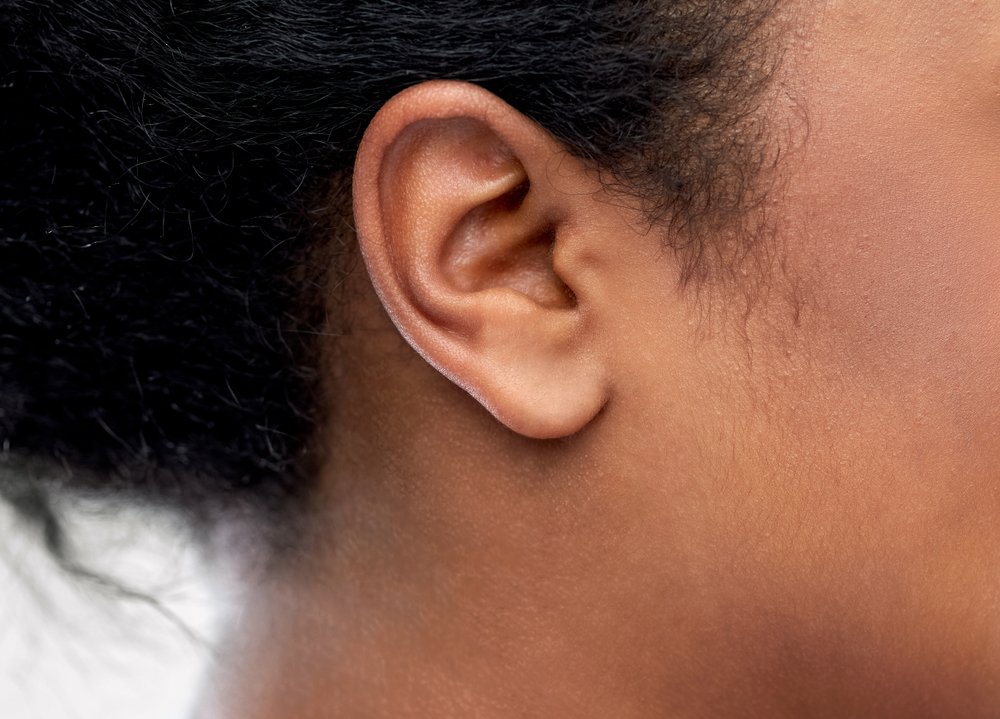Your body is a lot like an ecosystem. In the natural world, if something happens to the pond, all of the fish and birds suffer the consequences; and when the birds disappear, so too do all of the animals and plants that depend on those birds. The human body–often unbeknownst to us–operates on very similar principles of interconnectedness. That’s why something that seems isolated, such as hearing loss, can be linked to various other diseases and ailments.
In a way, that’s more evidence of your body’s ecosystem-like interdependence. So, for example, something that affects your hearing might also impact your brain. We call these conditions comorbid–a fancy (and specialized) term that illustrates a connection between two conditions without necessarily articulating a cause-and-effect relationship.
The conditions that are comorbid with hearing loss can tell us a lot about our bodies’ ecosystems.
Conditions associated with hearing loss
So, let’s assume you’ve noticed the signs of hearing loss for the last few months. For example, it’s harder to follow conversations in restaurants. You’ve been turning up the volume on your television. And certain sounds feel a little more distant. At this point, most people will schedule an appointment with a hearing specialist (this is the smart thing to do, actually).
Whether or not you’re aware of it, your hearing loss is linked to several other health conditions. Some of the health ailments that have been reported as comorbidity with hearing loss include:
- Cardiovascular disease: Sometimes, hearing loss has nothing to do with cardiovascular disease. In other cases, cardiovascular issues can make you more susceptible to hearing loss. That’s because one of the first signs of cardiovascular disease is trauma to the blood vessels in the inner ear. As that trauma escalates, your hearing might suffer as a result.
- Diabetes: Likewise, diabetes can wreak havoc with your nervous system all over your body (especially in your extremities). One of the areas particularly likely to be damaged are the nerves in the ear. This damage can cause hearing loss all on its own. But diabetes-related nerve damage can also make you more susceptible to hearing loss caused by other factors, often compounding your symptoms.
- Dementia: Untreated hearing loss has been linked to a higher risk of dementia, although the root cause of that relationship is unclear. Research suggests that wearing a hearing aid can help slow cognitive decline and lower many of these dementia risks.
- Vertigo and falls: Your primary tool for balance is your inner ear. Some forms of hearing loss can play havoc with your inner ear, resulting in dizziness and vertigo. Any loss of balance can cause falls–and as you age, falls can become increasingly dangerous.
- Depression: Social isolation associated with hearing loss can cause many issues that relate to your mental health. So it’s no surprise that study after study finds depression and anxiety have very high comorbidity rates with hearing loss.
What can you do?
Stacking all of those related health conditions on top of each other can look a little scary. But it’s important to remember that treating your hearing loss can have enormous positive impacts. Even though scientists and researchers don’t really know, for example, why hearing loss and dementia so often show up together, they do know that treating hearing loss can significantly lower your dementia risks.
So the best course of action is to get your hearing checked, no matter what comorbid condition you might be worried about.
Part of an ecosystem
That’s why more medical professionals are looking at hearing health with new eyes. Instead of being a limited and specific area of concern, your ears are viewed as intimately connected to your overall wellness. In other words, we’re starting to perceive the body more as an interconnected environment. Hearing loss doesn’t necessarily arise in isolation. So it’s more important than ever that we pay attention to the entirety–not to the proverbial pond or the birds in isolation, but to your health as a whole.



